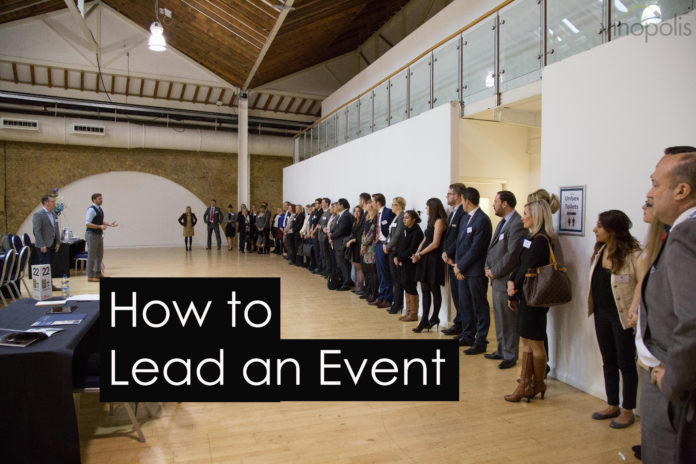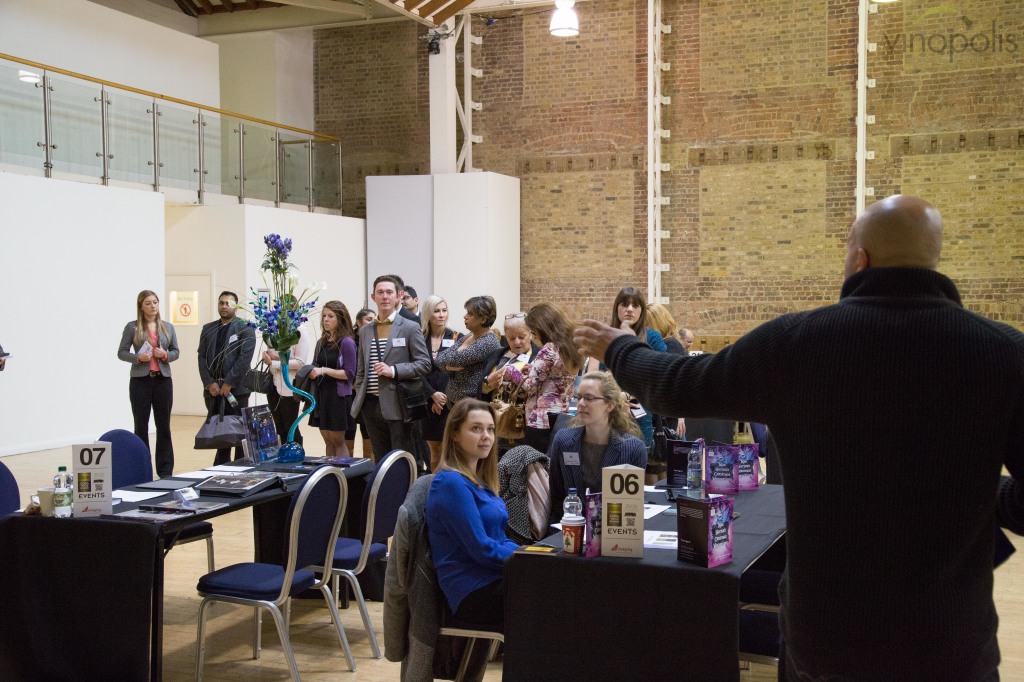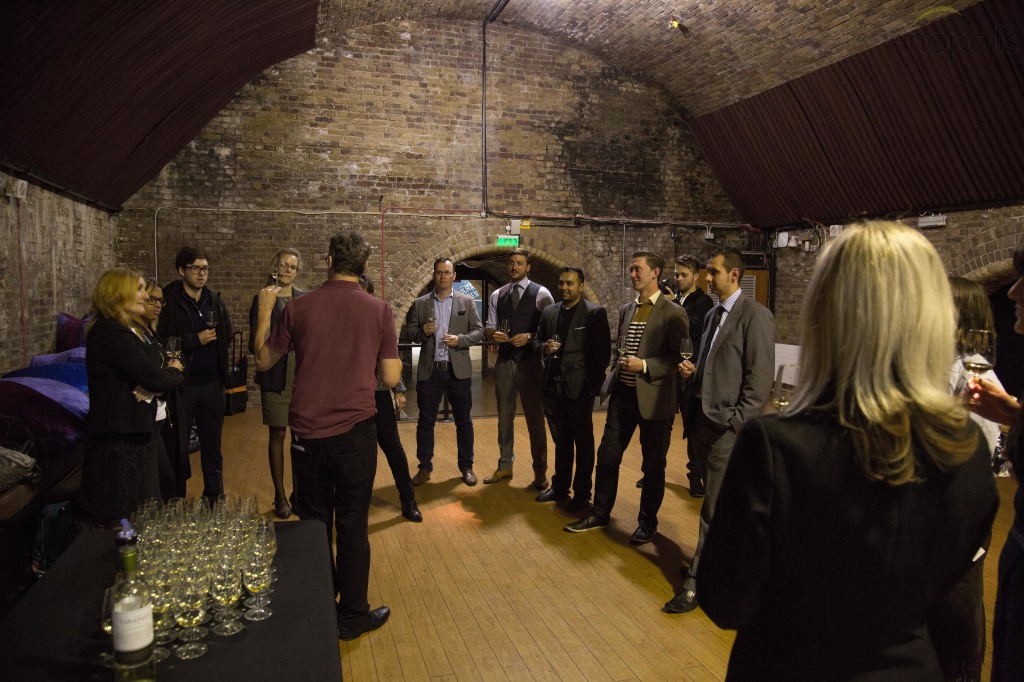Having the right team doesn’t just make the event planning process easier but is a crucial part of brand identity, particularly as our industry is so reliant on presentation. It is vital you choose the right team members from day one and with this in mind we have 5 tips to getting the most out of your team that we’ve found have led us to becoming industry leaders in the event world.
Set clear expectations for your team
Before you even get to the venue outline everything for your team. Itineraries sound boring (and often are) but they keep everyone on track and work both ways. If you have to ask someone to go above and beyond what’s outlined of them you’ll be aware of it and can acknowledge accordingly.
Communicate your team vision and purpose
Your team NEEDS to know not just the concept for the event but the entire brand identity. I can’t tell you how terrible it is to have someone working an event who has to call over a senior to answer basic questions about the brand. We often give any new workers a few back issues of the magazine and a couple of days to familiarise themselves with the Prestige Brand before events. It means that when anyone asks any questions that they should know the answers to, we don’t look amateurish.
Empower your team members
Particularly if you’re hiring younger people or those who are perhaps getting back in the game after some time out of events, make sure that your employees feel confident enough to make decisions when they need to be done. If a client needs something your employee needs to be able to work out whether or not the floor is okay to leave and where their priority will lie. You also as a manager need to recognise that they will have to make individual decisions if they cannot (as is often the case) reach a superior.
Build personal relationships with your team
As the leader of your team, getting to know your team members on a personal level just makes everything better. It increases their support without even recognising they’re doing so whilst bonding the team together. Give rewards where rewards are due and try your best to make it a family of sorts.
Be flexible – adapt as team dynamics change
Life happens and you’re not always going to have the team that worked amazing at one event at another. With this in mind it’s vital you recognise where gaps need filling and who works best where. We have a team spread at points across the world and knowing just how big a hole they leave allows us to think much more objectively when looking at the purpose of our team.














